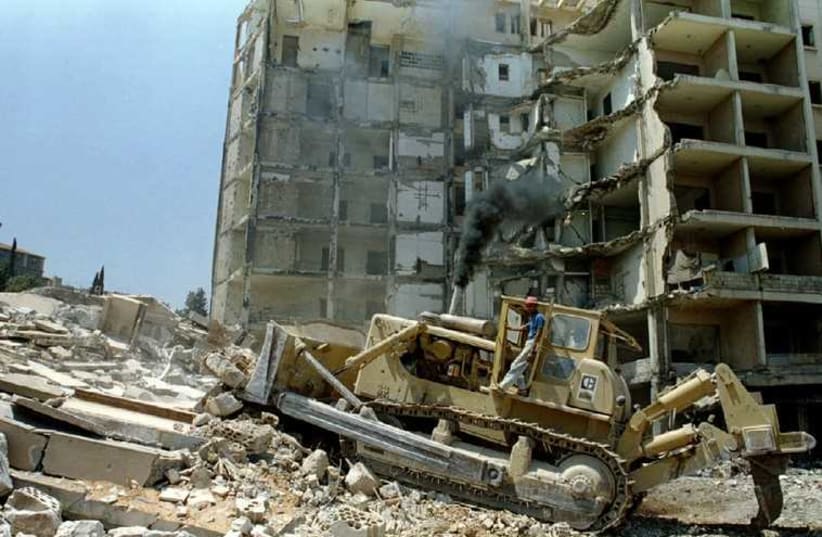US Supreme Court seems to lean to allow terror victims to get frozen Iran funds
Along with a large number of law firms, NGO Shurat Hadin is involved in case representing the Rubin family, whose family member was injured in a 1997 double suicide bombing in Jerusalem.
